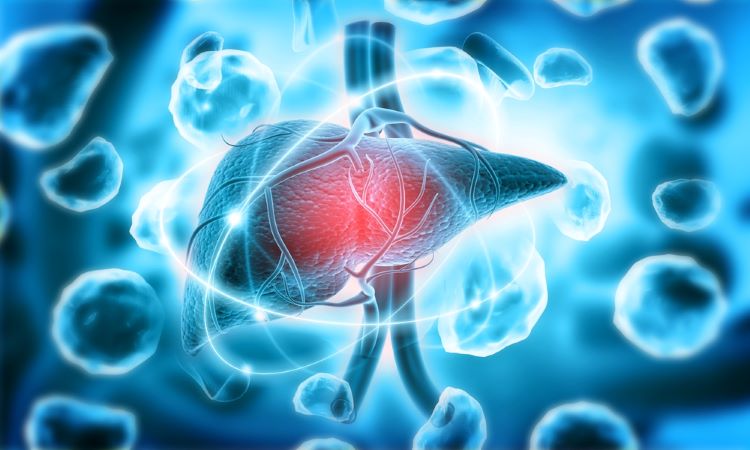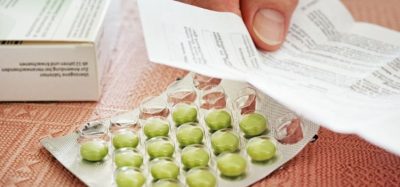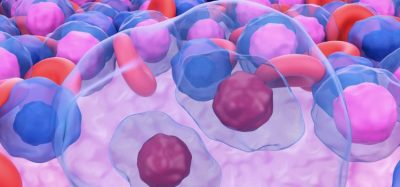GLP-1 treatment displays best-in-class potential for MASH
Posted: 7 June 2024 | Catherine Eckford (European Pharmaceutical Review) | No comments yet
These results from the Phase II trial could lead to clinically meaningful benefits for cardiovascular, renal, and metabolic diseases, Boehringer Ingelheim suggests.


New sub-analysis data from a Phase II clinical trial show that after 48 weeks of survodutide treatment, 83.0 percent of adults with liver fibrosis achieved a statistically significant improvement of metabolic dysfunction-associated steatohepatitis (MASH). This is compared to 18.2 percent with placebo.
With its novel mechanism of action, the glucagon/GLP-1 receptor dual agonist is the first to show this level of fibrosis benefit in a Phase II MASH trial following 48 weeks of treatment, according to Boehringer Ingelheim.
Potential of survodutide
Results presented at European Association for the Study of the Liver Congress (EASL) 2024 revealed that after 48 weeks of treatment:
Actual treatment results revealed up to 87.0 percent of adults achieved at least a 30 percent relative reduction in liver fat. This was compared to 19.7 percent for those given placebo. A relative reduction in liver fat content of up to 64.3 percent was seen in patients treated with survodutide, versus 7.3 percent with placebo.
Moreover, up to 64.5 percent of adults with moderate to advanced fibrosis were able to gain improvement in scarring without worsening of MASH, versus 25.9 percent with placebo.
Secondary endpoint results demonstrated up to 52.3 percent of patients with stages F1, F2 and F3 achieved a significant improvement in fibrosis. This is compared to 25.8 percent with placebo.
“breakthrough [findings] further reinforce survodutide’s potential as a best-in-class treatment for people living with MASH. We will advance quickly into Phase III trials”
According to the Head of Human Pharma at Boehringer Ingelheim, Carinne Brouillon, these “breakthrough [findings] further reinforce survodutide’s potential as a best-in-class treatment for people living with MASH. We will advance quickly into Phase III trials”.
These results “demonstrate the potential for glucagon agonism, in addition to GLP-1, to both improve MASH and shift the needle on fibrosis,” shared Dr Arun Sanyal, Professor of Medicine, Physiology and Molecular Pathology at Virginia Commonwealth University School of Medicine, and Principal Investigator of the trial. “These data position survodutide as a leading glucagon/GLP-1 receptor dual agonist that could be a game-changer for people living with MASH and clinically significant fibrosis.”
The full trial results were also published in The New England Journal of Medicine.
Boehringer Ingelheim noted that having licensed survodutide from Zealand Pharma, it is solely responsible for developing and commercialising the treatment worldwide.
Related topics
Big Pharma, Clinical Development, Clinical Trials, Drug Development, Drug Safety, Research & Development (R&D), Therapeutics








